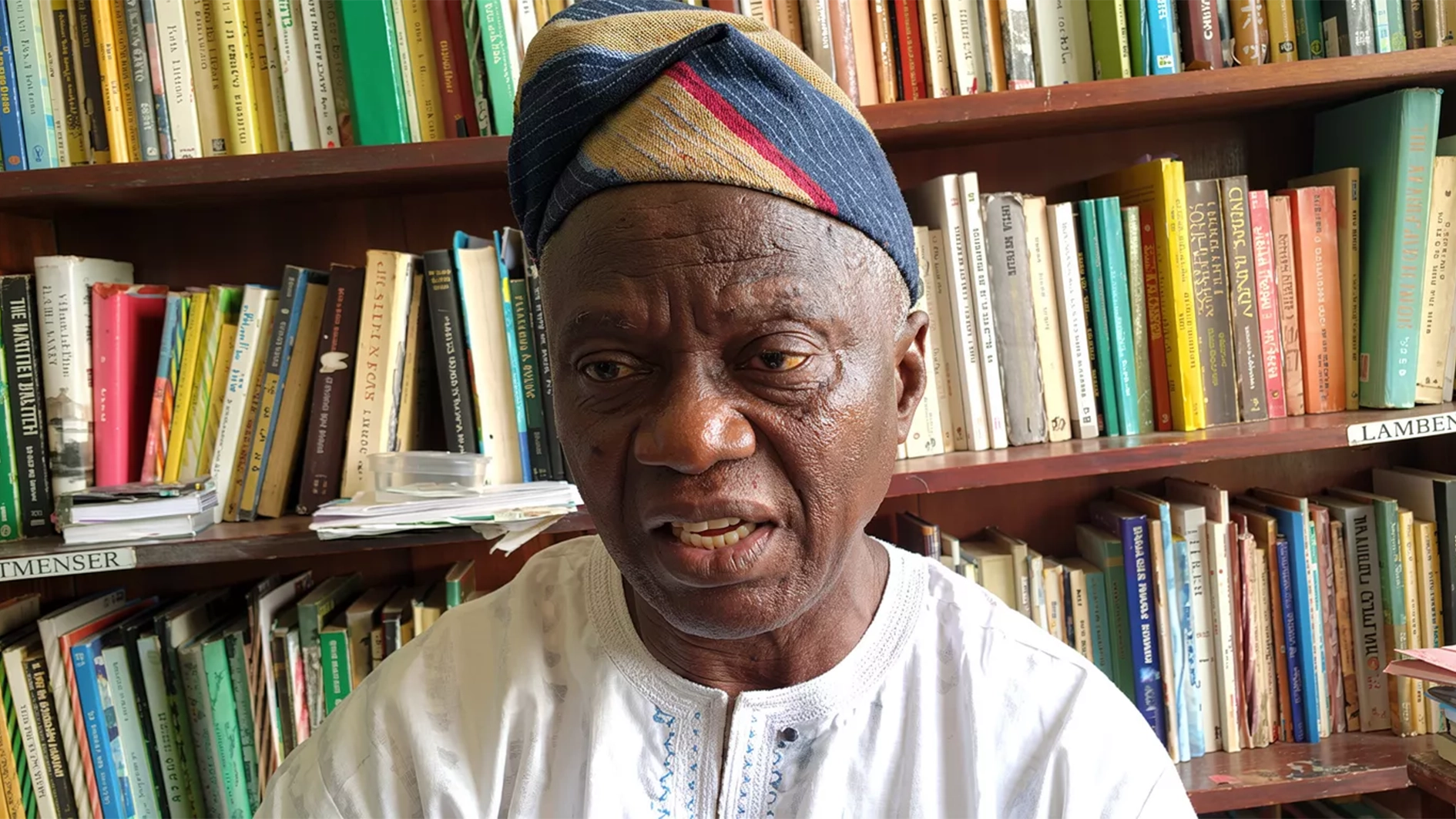
MR. FESTUS ADEBAYO is a lawyer and an advocate for strategic partnership in bridging existing deficit in quality and affordable housing in Nigeria. He spoke to VICTOR GBONEGUN on the forth-coming Abuja Housing Show and other issues in the sector.
With the increasing roles the private sector are playing in housing provisions, do you consider government as doing enough in terms of support and enabling business environment. What would be your suggestions for government towards improving on this?
Government needs to do much more. By this, I mean create the enabling environment for a level playing field for private sector investors. Government must make huge in infrastructure. This also informed our theme for this year. More than half of all of Nigeria’s housing is estimated to be substandard – either built out of compliance with building codes, or illegally on someone else’s land, or both. This must be formalised somehow. The path is complex, and the risk of granting undeserved amnesty is great … but cities must formalize, and the longer it is delayed, the more damage the delay does to urbanisation and national growth.
Considering the humongous challenges Nigeria has in the housing sector, what are the immediate solutions that stakeholders can adopt?
Government must key into the Nigerian Housing Finance Programme; Government must create a rental housing association model for providing affordable homes ; diversify FMBN from supply oriented to demand oriented; create a national urban regeneration; allow state governments to obtain nationally owned land.
A major area of concern for the industry is the provision of affordable, timely and quality housing, adopting mechanism for building technology and training of artisans in the built environment. How do you think these issues can be effectively tackled?
The country must look inwards and promote local industries; encourage our universities and polytechnics to do research through focused and sustained funding; support agencies responsible for research and development; be less dependent on importation of building materials.
Countries are adopting the green house revolution in their housing sub-sector, do you think that the time has come for Nigeria to follow suite. How would the involvement of experts engender this innovation?
Before you can go green, you must first have the standard brick and mortar. This can be a medium term plan. To achieve this, however, government must invest heavily in infrastructure – stable electricity, functional sewage/sewer system, available water nationwide, less dependence on energy from oil / gas. Then there must be public awareness and advocacy programs to sensitize citizens. New homes being built henceforth should embrace solar energy technology.
When you look at the real estate sector, one will see that the industry is encumbered with the challenge of absence of reliable data, how best can this be solved?
The Central Bank of Nigeria, Nigeria Mortgage Refinancing Company; Federal Mortgage bank of Nigeria and Nigeria Housing Finance Programme are presently working on this project. In addition, the Federal Goverment should encourage organisations and other private sector players who have done extensive studies in this regard.
The 11th Abuja Housing show holds in a few weeks time, what prompted the theme: Solving Africa’s Housing Challenge through Innovative Financing and Infrastructure Solutions? What new dimensions do you intend to introduce?
The theme for this year’s Show is focused and deliberate. Over the years, Abuja Housing Show has transitioned from local, to regional and now international. For Nigeria to be competitive with developing nations in Africa, Asia, Europe and Latin America, it needs to improve its housing – total supply, housing quality, and housing affordability – which grossly lags behind other sectors of the Nigerian economy relative to these countries to which it aspires.
Developers are encountering some challenges. Has the Abuja housing show helped them to solve these challenges?
Abuja Housing Show is arguably the countries top bridge builder in terms of bringing together an array of diverse interest groups from same industry, under one roof. We have been able to achieve this by encouraging and promoting strategic partnerships and collaborative partnerships across all board. Recently, NMRC and OPIC entered into an alliance to and signed a MOU to build affordable housing in Sagamu. The idea was conceived when senior executives of both organisations met during the 10th Abuja Housing Show.






